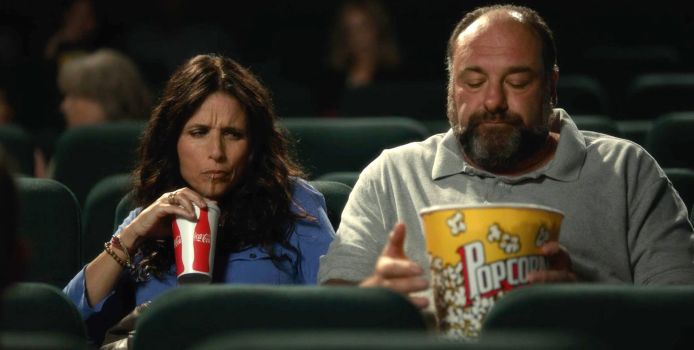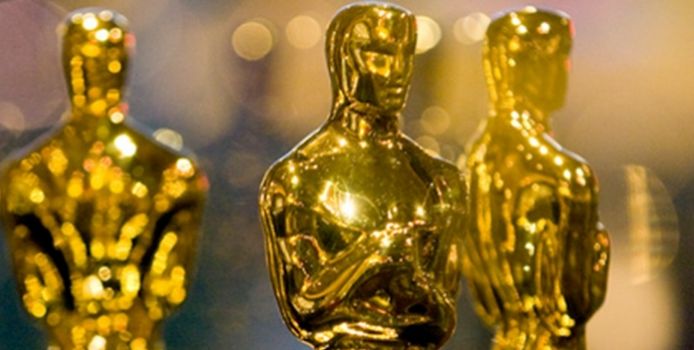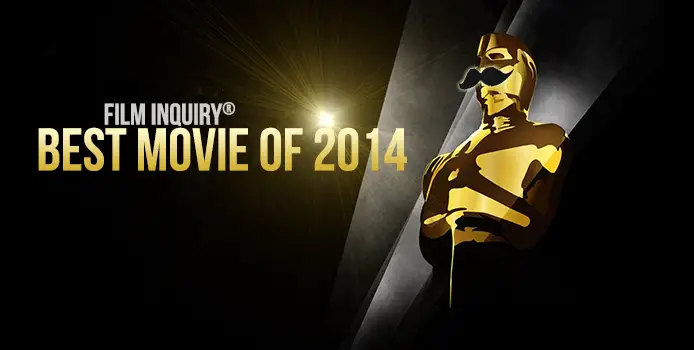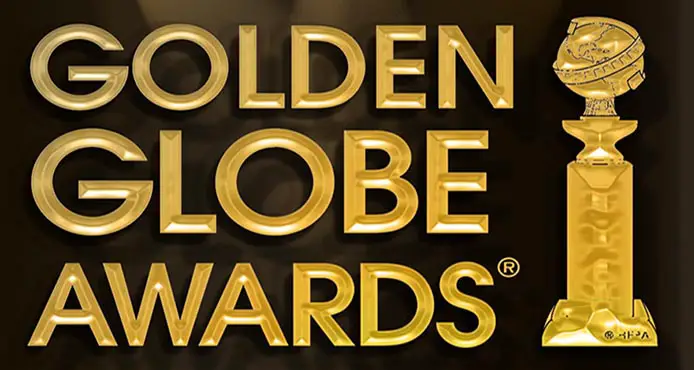discussion
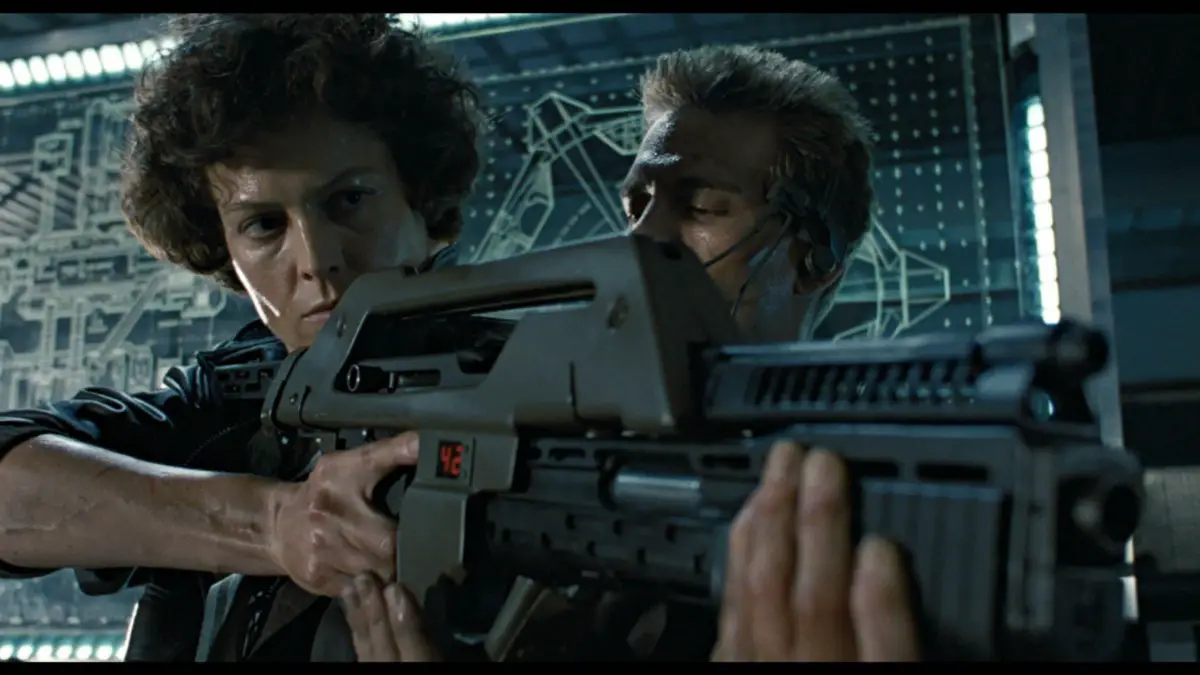
Back in January Neill Blomkamp, the director of District 9, Elysium and the forthcoming Chappie posted online some intriguing fan/concept art for an as-yet-announced project related to the now floundering Alien franchise. The art featured some very intriguing illustrations of not only Sigourney Weaver as an almost fully evolved Ripley/xenomorph hybrid but also Michael Biehn as a battle scarred Corporal Hicks. At the time nobody knew what they were for:
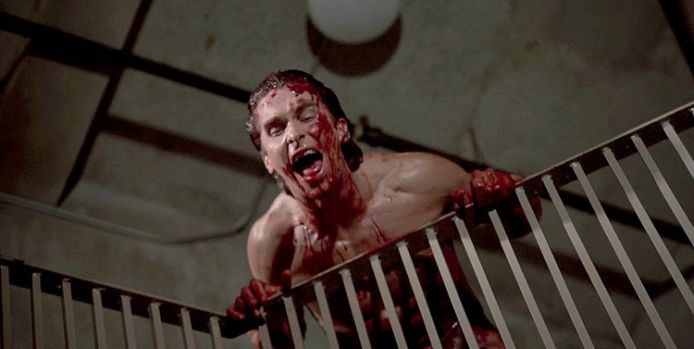
Cult films are difficult to define, as they vary in scope, themes, genre and in just about every other way. Despite these ambiguities, it is demonstrable that the revered Roger Ebert once got the definition entirely wrong. Avatar just isn’t cool enough In his review of Avatar, Ebert described the film as an “event” that was “predestined to launch a cult.
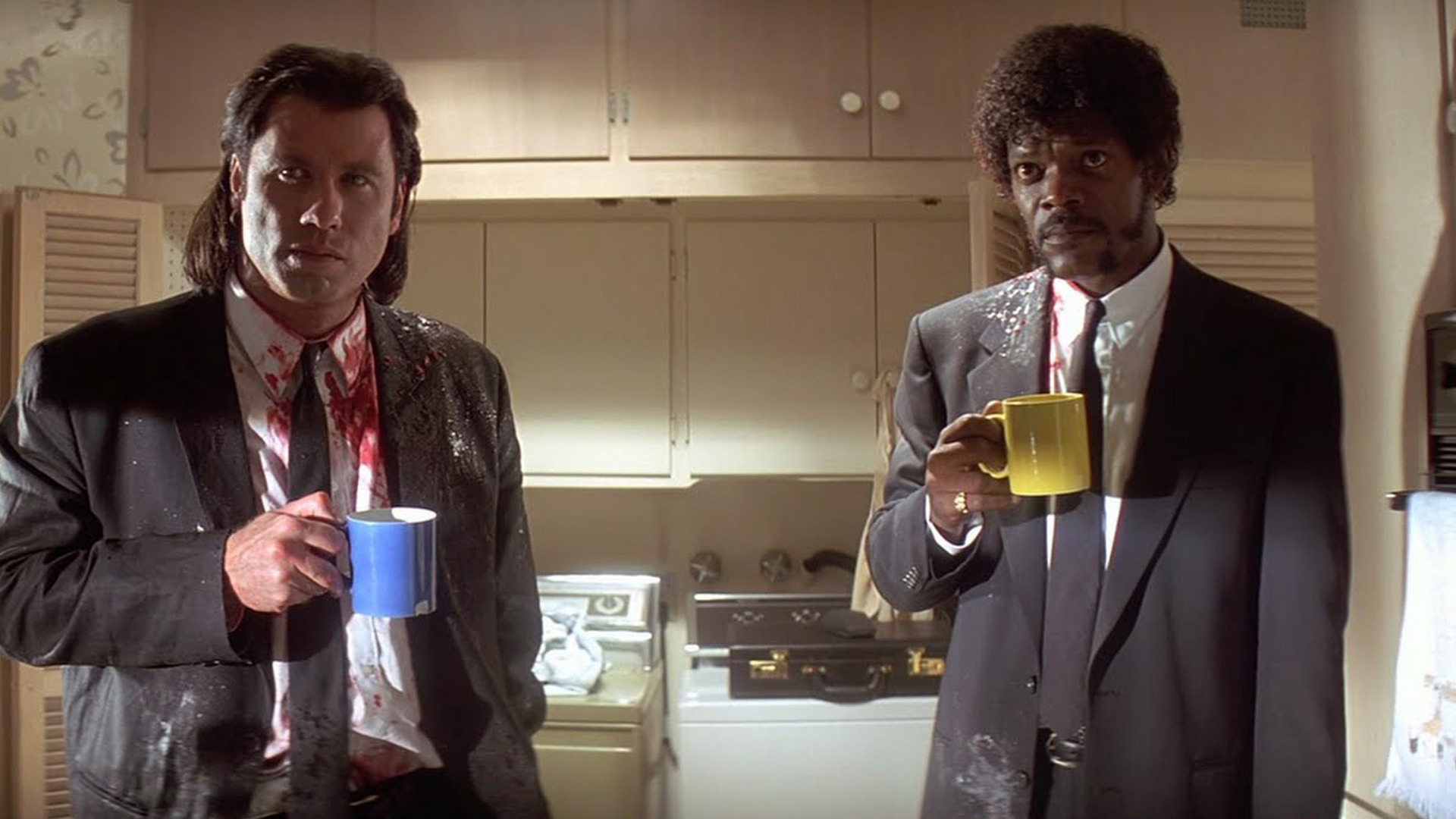
Director Quentin Tarantino has hit our movie screens with violence, gore, action and thrills. His work creates controversy, and it is those controversial aspects that make him stand out as one of the best leading directors in the world of film. With his new film The Hateful Eight scheduled to be released at the end of this year, we cannot wait to see what the quirky director and writer comes up with next.

My visit to Auschwitz was more uncanny than overwhelming As a child my eyes used to always glaze over when my father watched what he gleefully called ‘boring black and white documentaries’, it was all he ever put on the television. Despite this, I still had an interest in World War 2, it was the most pivotal moment of the 20th century and so many films have been influenced by the event, however the Vietnam War films of the 70’s and 80’s garnered most of my attention in my early teens. By my late teens however, I found my once average interest burgeoning to the point where I was the one incessantly watching the boring black and white documentaries.
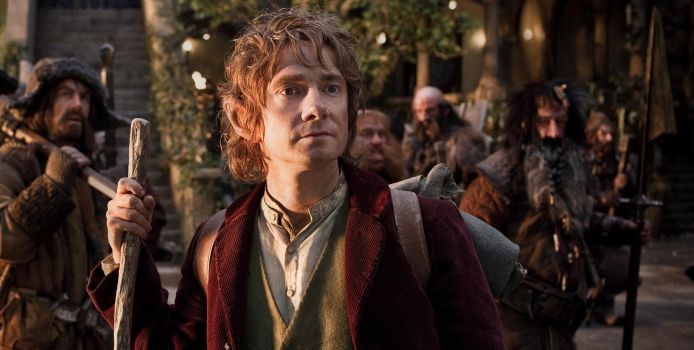
Plot, visuals, and theme are all hugely important to great cinema, but movie audiences love characters, and they remain the most memorable aspect of many films. However, the same character types appear again and again in film – the heroes, the villains, the sidekicks and the damsels in distress. We simply accept this as a part of cinema, and of stories in general, and it’s because all stories follow the same narrative structure, according to Russian theorist Vladimir Propp.

For as long as film has been made, it has been dominated by men, both in its making and on the screen itself. In the beginning we could’ve blamed this inequality on the views of the day. Then we could have blamed it on a societal hangover; views on women as equal to men had only recently changed, and representations hadn’t quite caught up.
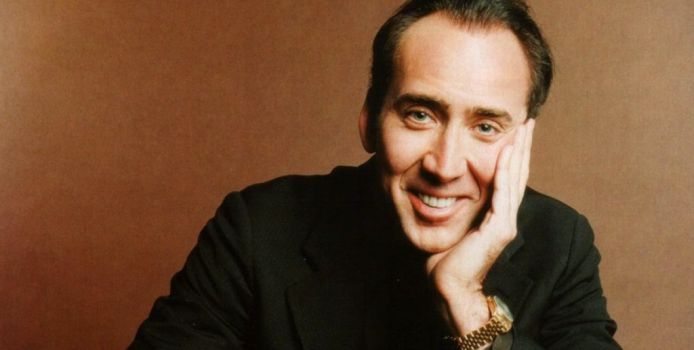
At some point in life, everybody does something brave. Whether it’s as big as rescuing somebody from a burning building or just standing up to the bullies who have taken their lunch money, it’s these moments of courage that continue to define them as a person. In every single movie he’s in, Nicolas Cage has a moment of courage that elevates whatever straight-to-DVD mess he’s in from something mediocre into something slightly less mediocre.
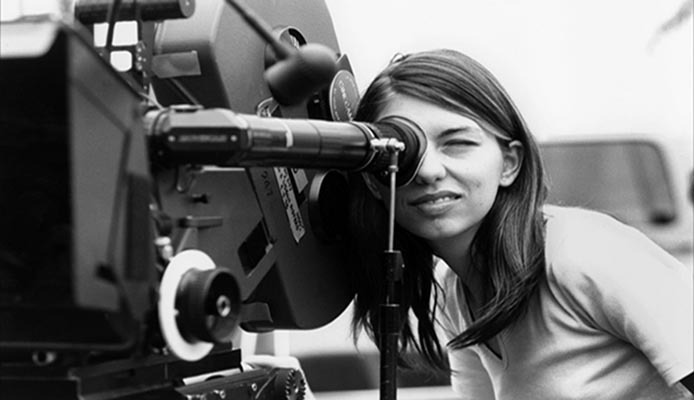
Hollywood has always been something of a boys club. If you think about the golden era of the studio system, you always hear about larger-than-life stars and the maverick, alpha-male directors that made all the classics we know and love today. Think of pictures of giants such as Howard Hawks, Samuel Fuller, John Huston, or Alfred Hitchc*ck, who are usually seen dictating their vision with booming authority.



